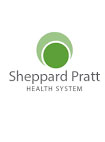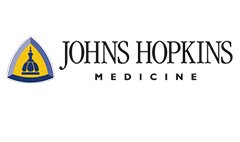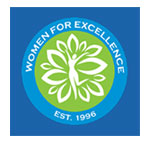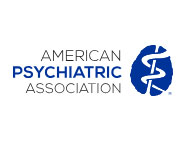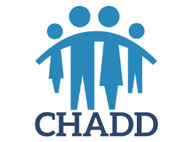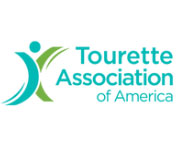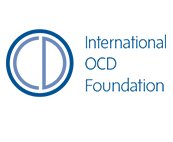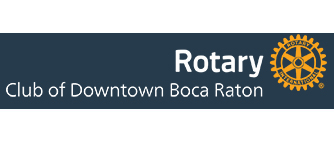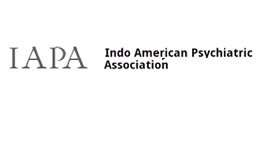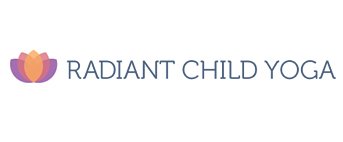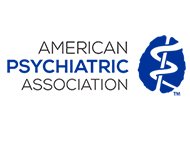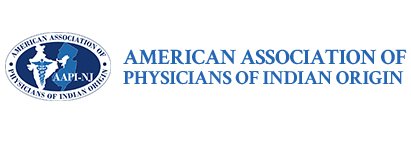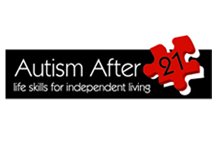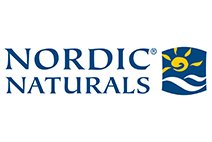Women’s Health: How to Eat Well and Thrive at Every Stage of Life

Balancing family, work, or school can make it tough for women to maintain a healthy diet. Add the pressure from media to look a certain way, and it can feel even harder. Yet, eating well isn’t just about looking good; it’s about feeling good, too. The right foods can boost your mood, energy levels, and even support you through the different stages of life, from childbearing years to menopause.
Unique Nutritional Needs for Women
Women’s nutritional needs change throughout life. Unlike men, women require more certain vitamins and minerals due to hormonal changes associated with menstruation, pregnancy, and menopause. For instance, iron needs increase during menstruation, while calcium is vital throughout life to prevent osteoporosis, a condition more common in women.
The Role of Calcium, Magnesium, and Vitamin D
Calcium is essential for strong bones and teeth, but it’s not just for older women. Even in young adulthood, calcium helps maintain healthy bone mass. Women aged 19-50 should aim for 1,000 mg per day, while those over 50 need 1,200 mg. Good sources include leafy greens, fish, tofu, and dairy.
Magnesium helps your body absorb calcium and should be paired with it. Aim for 320-400 mg daily from sources like leafy greens, seeds, and whole grains.
Vitamin D is critical for calcium absorption. It’s often called the “sunshine vitamin” because your body can make it when exposed to sunlight. Aim for about 600 IU daily, whether from sunlight, fortified foods, or supplements if needed.
Iron: Essential for Energy
Women need more iron than men, especially during their childbearing years, to make up for the blood lost during menstruation. Yet, many don’t get enough, leading to iron-deficiency anemia, which can cause fatigue and irritability. Women aged 19-50 need 18 mg of iron daily. Pair plant-based iron sources like beans and spinach with vitamin C-rich foods to improve absorption.
Nutrition for Different Life Stages
- Pregnancy and Breastfeeding: Omega-3 fatty acids are vital for a baby’s brain development. Pregnant women need about 300 extra calories per day but should focus on nutrient-dense foods. Continue with a balanced diet while breastfeeding to support milk production and your own recovery.
- Menopause: Hormonal shifts can lead to bone loss, hot flashes, and other symptoms. Increasing calcium, magnesium, and omega-3 intake can help. Limiting caffeine, alcohol, and sugar can ease hot flashes, while protein-rich foods can support muscle health.
Are Supplements Enough?
While supplements can fill occasional nutritional gaps, they aren’t a substitute for a healthy diet. Whole foods provide a balance of nutrients that work together for better absorption. For those using supplements, look for USP or GMP symbols to ensure quality.
Building a Healthy Diet
For overall wellness, focus on a diet rich in fruits, vegetables, whole grains, quality protein, and healthy fats. Avoid highly processed, fried, and sugary foods that can lead to energy crashes. Remember, it’s about consistency, not perfection. Small, balanced choices every day can add up to big benefits for your long-term health.
Reference:
Smith , M., Segal, J., & Robinson, L. (2024, September 30). Healthy Eating and Diet Tips for Women. HelpGuide.org.
Dr.Kothari is amazing! She has been my doctor for years...
I have been a patient of Dr. Kothari for over three years. She has invested her heart...
Dr. Kothari has been seeing my sons for seven years. She is a wonderful resource...
Dr. Kothari is very caring. Appointments and waiting times are great...
When we started seeing Dr. Kothari, my son was dealing with a great...
Dr. Kothari has saved my life, this I can say without reservation...

 Patient Forms
Patient Forms Videos
Videos Location
Location

